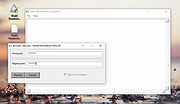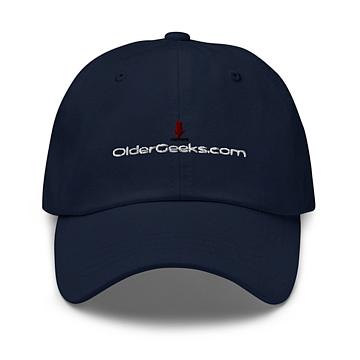 |
Fate v11.02.1
Fate v11.02.1
File And Text Encryption
No nonsense file and text encryption for Windows and Linux.
Fate is a stripped down, no nonsense, no options encryption utility for normal users who just want to secure their files and text and move on. The ciphers used are Aria, Camellia, (all in 256 bit key mode) and ChaCha20. Modes are CBC, OFB, CFB, and CTR, except for ChaCha20 which is a stream cipher. The password hashing and salt derivation are robust.
Features
• No hassle file and text encryption
Note from author:
Some encryption utilities offer more-than-is-necessary options, and Fate was created to achieve very secure file and text encryption with no confusing
options to consider.
The ciphers used are ChaCha20, Aria(256), and Camellia(256) the modes used are CBC, CFB, OFB, and CTR. (ChaCha20 is a stream cipher and does not use modes) Fate sends your passwords through robust hashing and salting routines, and then calls on OpenSSL to do the actual encryption. The ciphers and modes are randomly chosen at runtime. These ciphers are all newer than the Rijndael cipher, aka AES, and are held in high regard by the cybersecurity community.
Fate requires the use of OpenSSL and Cat, these two utilities are standard in
every Linux distribution, but not so much on Windows. A copy of Windows ports of these two utils are in the zip file, you can place them in the working
directory, you can place them in your path for a more permanent solution. I've
included a small script in the archive named ossl_path.exe, and if run, this
script will place openssl.exe and cat.exe in the users' path, if you're unsure
of how to do that, see the separate readme file for that script.
If you like to use these little scripts that I make, consider writing an email
and tell me where you're from. Have fun!
Dana ... |
 |
623 |
Feb 01, 2024
Dana Booth  |













